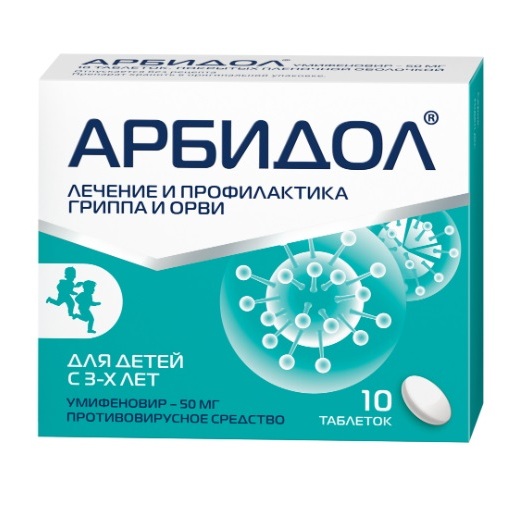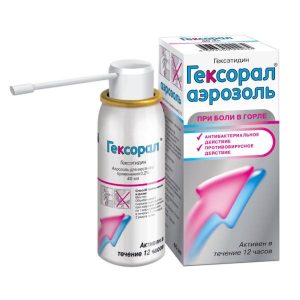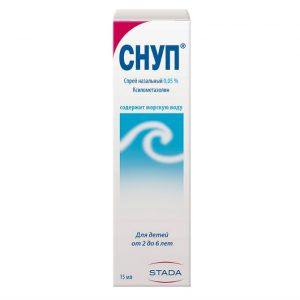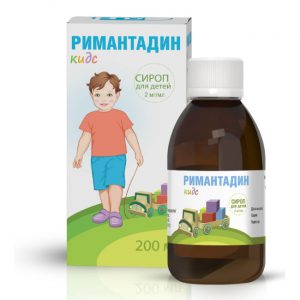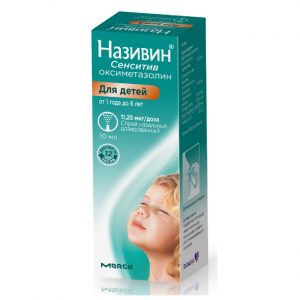Description
Latin name
Arbidol
Release form
Coated tablets.
packaging 10 pcs
Pharmacological action
Arbidol – a drug with immunomodulating and antiviral effects. Induces interferon synthesis, stimulates humoral and cellular immunity, macrophage phagocytic activity.
Specifically inhibits influenza A and B viruses. The mechanism of antiviral action is associated with the ability of the drug to suppress the fusion of the lipid membrane of the virus with cell membranes upon contact of the virus with the cell.
Arbidol increases the body’s resistance to viral infections, prevents the development of complications, and normalizes immunological parameters. Causes a prolonged protective effect.
In influenza, the drug reduces intoxication, reduces the severity of catarrhal phenomena, and reduces the period of fever and the overall duration of the disease.
Indications
– treatment and prophylaxis of influenza and other acute respiratory infections (including those complicated by bronchitis and pneumonia)
– as part of the combination therapy of chronic bronchitis, pneumonia and recurrent herpes infection
– as part of the complex treatment of acute intestinal infections in children older than 2 years
– prevention of postoperative infectious complications
– normalization of immune status.
Contraindications
– children under 2 years of age
– hypersensitivity to the drug.
Use during pregnancy and lactation
Use during pregnancy is only possible in cases where the intended benefits to the mother outweigh the potential risk to the fetus and newborn.
Composition
1 tablet contains arbidol (ethyl ester 6-bromo-5-hydroxy-1-methyl-4-dimethylaminomethyl-2-phenylthiomethylindole-3-carboxylic acid hydrochloride monohydrate) 0.05 g
excipients: potassium methyl cellulose, cellulose , calcium stearate, stearic acid, sugar, polyvinylpyrrolidone, aerosil, basic magnesium carbonate, talc, titanium pigment dioxide, beeswax
Dosage and administration
Inside, before meals. For the prevention of influenza and SARS (in contact with patients)
for adults and children over 12 years old – 200 mg / day, for children from 6 to 12 years old – 100 mg / day, for children from 2 to 6 years old – 50 mg / day. The course is 10-14 days.
During a flu epidemic, a seasonal increase in the incidence of acute respiratory viral infections, for the prevention of exacerbation of chronic bronchitis and a relapse of herpetic infection in adults and children over 12 years of age, the drug is prescribed in a single dose of 200 mg, for children from 6 to 12 years old – 100 mg, for children from 2 to 6 years – 50 mg. The drug is taken 2 times a week for 3 weeks.
For the treatment of influenza and other acute respiratory viral infections without complications for adults and children over 12 years of age, the drug is prescribed 200 mg 4 times / day (every 6 hours), for children from 6 to 12 years old – 100 mg 4 times / day (every 6 hours), from 2 to 6 years – 50 mg 4 times / day (every 6 hours). The course is 5 days.
For the treatment of influenza and other acute respiratory viral infections complicated by bronchitis, pneumonia, adults and children over 12 years of age are prescribed 200 mg 4 times / day (every 6 hours) for 5 days, then they switch to 200 mg once a week for 4 weeks. For children from 6 to 12 years, a single dose of the drug is 100 mg, from 2 to 6 years – 50 mg, the drug is taken 4 times / day (every 6 hours) for 5 days, then they switch to receive 1 time per week for 4 weeks.
In chronic bronchitis and recurrent herpetic infection in adults and children over 12 years of age, the drug is prescribed 200 mg 4 times / day (every 6 hours) for children from 6 to 12 years old, 100 mg 4 times / day (every 6 hours) from 2 to 6 years – 50 mg 4 times / day (every 6 hours) for 5-7 days, then a single dose 2 times a week for 4 weeks.
As part of the complex treatment of acute intestinal infections of rotavirus etiology, children from 2 to 6 years old – 50 mg from 6 to 12 years old – 100 mg, older than 12 years old – 200 mg 4 times / day (every 6 hours) for 5 days.
For the prevention of postoperative infectious complications, children from 2 to 6 years old – 50 mg from 6 to 12 years old – 100 mg, over 12 years old and adults – 200 mg are prescribed in a dose of 200 mg 2 days before surgery, then on the second and fifth days after operations.
Side effects
Rarely: allergic reaction.
Storage Conditions
Store in a dry, dark place.
Expiration
2 years.
active substance
umifenovir
Terms leave through pharmacies
without prescription
lekarstvennaja form
tablets
Appointment
Children older than 3 years, For adults
Indications
Indications
Colds, From otitis media, From sore throat, From skin infections, Bronchitis, From tonsillitis, From respiratory tract infections, From gastric ulcer and 12 duodenal ulcer p18rordpff6565 Colds, Prevention of influenza and the common cold, Influenza
Pharmstandard-Tomsk, Russia
